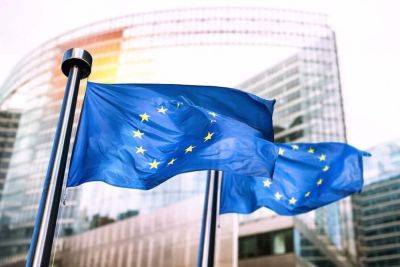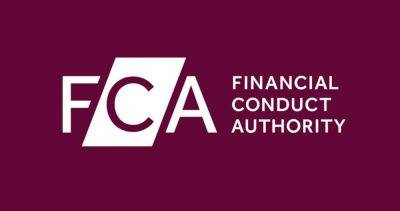Europe's AML regulations come at a high cost — for your privacy and otherwise
The European Union’s financial regulatory landscape is in flux with the introduction of multiple Anti-Money Laundering (AML) directives and related laws. These regulations, although designed to protect the financial system, come at a hidden, and sometimes steep, cost to consumers and financial institutions alike. It’s imperative to understand their wider implications, and to question whether the costs — both monetary and ethical — are simply too high.
To name just a few, the AML Directive 5, MiCa and the Transfer of Funds Regulation have reshaped the European financial framework. These laws mandate a rigorous monitoring system. However, the depth and breadth of these regulations are unparalleled in their scope. One cannot help but wonder if such comprehensive oversight is truly sustainable in the long run Banks, crypto asset managers, and even sports clubs now face complex due diligence processes, requiring them to verify customer identities, assets, and transaction patterns. With the Financial Action Task Force (FATF) Travel Rule and equivalents of the Foreign Corrupt Practices Act in play, data collection, sharing, and monitoring become increasingly invasive. This begs the question: to what extent should the quest for security compromise the sanctity of personal data?
For many, this extensive scrutiny spells the end of financial privacy. While it's undeniably crucial to deter criminal activities, these measures have begun encroaching upon personal freedoms. This isn't just a minor inconvenience; it signifies a broader shift in the social contract of trust and transparency between citizens and institutions. Consider, for instance, the public accessibility mandate for beneficial owners of corporate entities. Suddenly,
Read more on cointelegraph.com




















